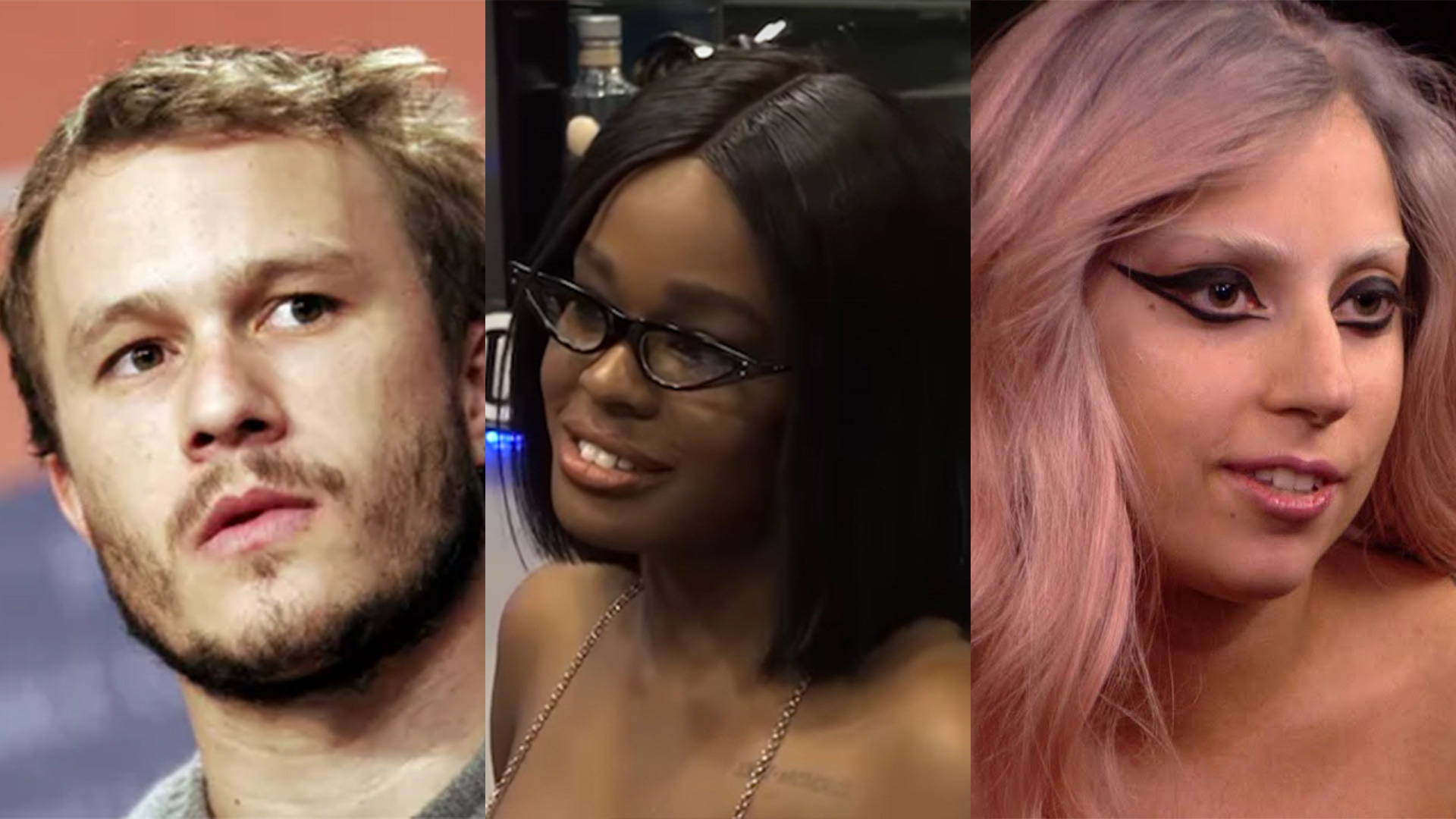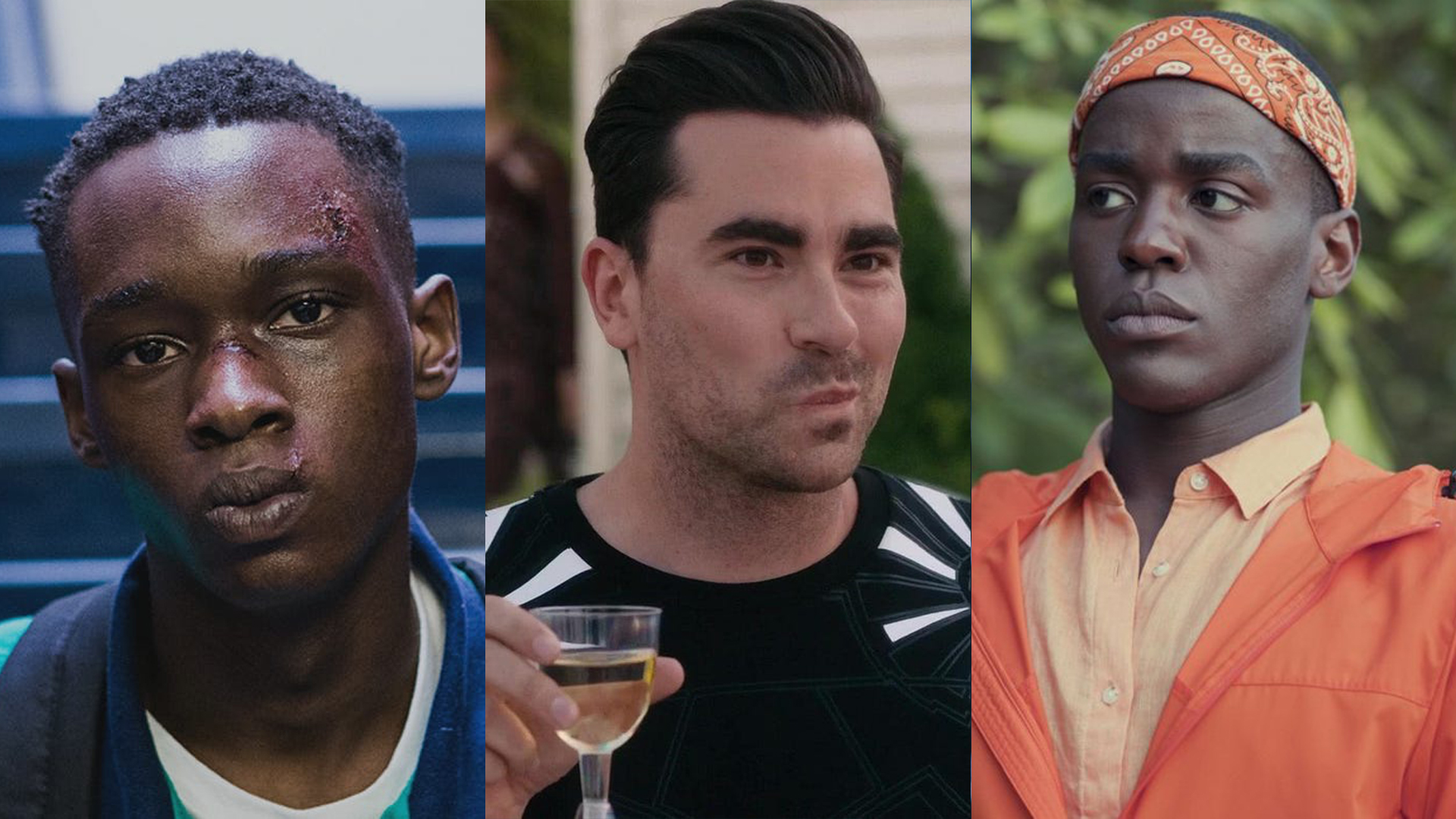When fame and curiosity collide, pop culture furnishes some of its most memorable moments. From Broadway’s bright lights to stadium stages, celebrities have responded to intrusive questions about their sexuality with grace, wit and a touch of sass. Here’s a refreshed roundup of stand‑out responses, free from the original structure and full of new flavor.
1. “Maybe I do…” Lady Gaga on Genital Gossip (2011)
In a behind‑the‑scenes clip from 60 Minutes Overtime, Anderson Cooper posed an eyebrow‑raising rumor: did Lady Gaga have a “male appendage”? Gaga cheekily replied, “Maybe I do. Would it be so terrible?” before dismissing the fuss entirely, “Why the hell am I going to waste my time… My fans don’t care and neither do I.” It was less a deflection than a mic drop moment, setting an early example in celebrity “transvestigation” defenses. Gaga later told Bill Gates she didn’t want to lend legitimacy to harmful rumors, and that refusing to answer was a compassionate move for vulnerable fans shamed by falsehoods.
2. Broadway Truth Bombs: Harvey Fierstein Schools Barbara Walters (1983)
When Walters asked Fierstein, “What’s it like to be a homosexual?”, the actor-songwriter-drag trailblazer delivered a theatrical masterclass: “I don’t know. I’m just a person… I assume that everyone is gay unless I’m told otherwise. You assume everyone’s straight unless you’re told otherwise.” Fierstein punctured stigma by equating love and commitment for gay people with universal human experiences. He even quipped, “Monogamy is as prevalent a disease in homosexuality as it is in heterosexuality.” Though Walters’ tone reflected an era of ignorance, Fierstein’s cool, human-centered clarification has aged like fine wine, and is still frequently shared online.
https://www.youtube.com/watch?v=tp-ZTzvTEyI
3. “Why are you gay?” Ugandan Host Regrets an Awkward Moment
A decade-old exchange resurfaced when Ugandan radio host Simon Kaggwa Njala asked LGBTQ activist Pepe Julian Onzima, “Why are you gay?” The awkward question led to shock and silence, and later regret. Njala confessed, “I sounded silly… I was too naive.” He reflected that his question was ill-timed and stemmed from ignorance. Though involuntary, his apology serves as reminder: not every platform suits delicate subjects, and reflection matters.
4. Nick Offerman Fights Fake Hate with Fiction
When a doctored video of Ron Swanson tossing a Pride flag went viral, “Parks and Recreation” star Nick Offerman didn’t hesitate. He fired back: “He was best man at a gay wedding, you dumb f‑ck.” Offerman’s response wasn’t just a defense of Swanson—it was a direct shoutout to LGBTQ fans and a bold call-out against falsified bigotry. The clip reminded everyone: sometimes the simplest clap‑back—backed by facts—is best.
@pinknews Nick Offerman has hit back at homophobic comments made about an episode of #thelastofus in a fiery Independent Spirit Awards speech. The actor played Bill, a reclusive, closeted survivalist trying to survive the cordyceps outbreak in the third episode of the post-apocalyptic series. When fellow survivor Frank stumbles upon Bill’s house, the latter reluctantly takes him in – which ends up being a night of passion for the pair. #LGBTQ #Queer #pinknews
5. Azealia Banks Fires Back: “So… what now?”
On The Breakfast Club, host Charlemagne asked Azealia Banks if she makes music “for the gays.” Banks paused, then delivered the mic-drop question: “I do. What’s wrong with that? So… what now?” Without turning hostile, she laid claim to her audience and stance in under five words. It was a moment of quiet defiance, an intentional refusal to submit to expectations.
6. George Michael on Oprah: “I’m not interested in selling records to homophobes.”
During a landmark interview with Oprah Winfrey in 2004, George Michael got candid about his sexuality after his 1998 arrest. When Oprah asked if he worried U.S. fans would reject him as a “gay artist,” he said, “I’m not interested in selling records to people who are homophobic.” The statement was straightforward, proud, and entirely unforgettable. It wasn’t just about marketing; it was about staying true to himself.
7. Tom Hardy: “Why?” Calling out Inappropriate Timing
At the 2015 Toronto International Film Festival, an LGBTQ reporter attempted to ask Tom Hardy about sexual identity, mid-press conference. Hardy replied with one precise word: “Why?” and exited the line. Later he explained to Entertainment Weekly that while he’s open to dialogue, timing and context matter. The exchange underscored the notion that celebrities’ private identities aren’t random public curiosities.
8. Ricky Martin and Barbara Walters: a regretful interrogation (2000)
Perhaps history’s most infamous moment of pressure? In 2000, Barbara Walters probed Ricky Martin: “You could say yes, say no, or leave it ambiguous.” After awkward silence, Walters admitted later it was the career moment she regretted most. Martin called it a violation; Walters reflected it “destroyed his career” prematurely. It remains a cautionary tale about overstepping boundaries in pursuit of a scoop.
9. Heath Ledger Quietly Shut Down Brokeback Backlash
When Brokeback Mountain premiered in 2005, it marked a major shift in queer representation on the big screen. The story of two men in love, played by Heath Ledger and Jake Gyllenhaal, wasn’t just a romance, it was a cinematic milestone. But not everyone was ready for it.
During a press conference, Ledger was asked how he responded to those calling the film “disgusting.” His response was calm but pointed:
“It’s an incredible shame that people go out of their way to voice disgust about how two people choose to love each other. At least voice your opinions about hate or violence. Isn’t that more important?”
Ledger went on to reject the idea that Brokeback should be reduced to labels. “It transcends that. It’s a human story. Two souls in love. Get over the fact it’s two men.”
His message was clear: if audiences couldn’t understand that, they didn’t have to see the film. But the love story wasn’t going anywhere.
Years later, the clip continues to circulate online, a reminder that Ledger stood firm in defending queer love.even when it wasn’t the popular thing to do.
Heath ledger shutting down homophobia during the ‘Brokeback Mountain’ press run pic.twitter.com/IiQ1PEnhmr
— 🖤 Physical Media Forever 🖤 (@VHSDVDBLURAY4K) June 21, 2025
Why These Moments Matter
These celebrity comebacks aren’t just damning rejoinders, they’re cultural ripples. When high-profile figures challenge invasive or ignorant queries, they shift the narrative, reminding audiences of shared humanity, setting healthy boundaries, and affirming queer and curious people everywhere.

